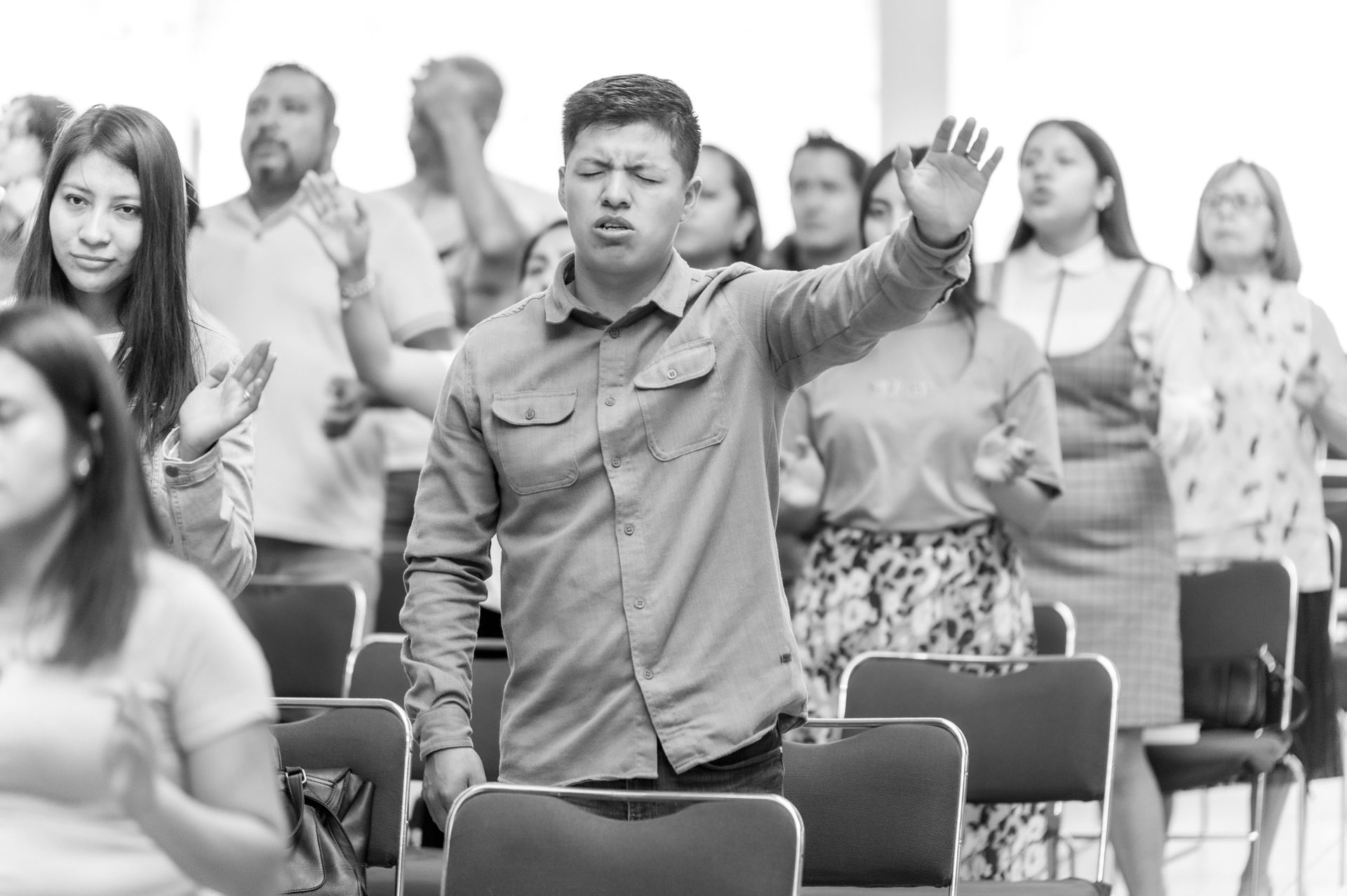Resilencia Ministerial
¿Cuándo fue la última vez que pensó en renunciar a su llamado ministerial?
¡Algunos ministros contemplan dejar el ministerio cada lunes! Otros han pensado en abandonar el ministerio al inicio de conflictos recurrentes. Estas y otras circunstancias llevan a muchos a renunciar al ministerio. Aun así, otros consideran alejarse del ministerio cuando no son capaces de superar sus luchas personales. Los líderes no están exentos del quebrantamiento humano, que se expresa a través de inseguridades personales, sentimientos de inferioridad y la necesidad de amor, la cual a menudo seduce a los ministros a abandonar sus dones espirituales y su llamado ministerial por una gratificación física, sexual, emocional o financiera de corta duración. Algunos, cegados por su ruptura personal, pueden ignorar las señales previas, manteniéndolas ocultas o creyendo que pueden superarlas por sí solos. Pero muchos ministros carecen de la formación personal para prevalecer sobre sus rupturas. En consecuencia, no buscan ayuda. Por otro lado, algunos que son conscientes de sus dilemas personales carecen de las herramientas para superarlos. Estos ministros y pastores lideran la iglesia. La iglesia de Jesucristo en el siglo veintiuno al igual que la iglesia del siglo uno, seguirá siendo dirigida por hombres y mujeres falibles que tienen el temor de Dios. Continuarán sirviendo en sus comunidades sabiendo que tienen un llamado de Dios en sus vidas. Deben de ejercer el ministerio con resiliencia.
¿Qué es la Resiliencia?
En una entrevista con Rich Heffern, Robert J. Wicks explica que “la resiliencia es la capacidad de enfrentar, aprender y no ser aplastado por los desafíos y las tensiones de la vida.”[1] Maleabilidad, flexibilidad, elasticidad, agilidad, capacidad de recuperación, resistencia, fortaleza y fuerza —cada sinónimo de resiliencia sugiere la capacidad de soportar presiones, tensiones y desafíos como las pruebas del ministerio. Después de todo, el ministerio requiere resiliencia para continuar a largo plazo. Timoteo, el pastor joven de la iglesia en Éfeso, recibió el encargo de mantenerse sobrio en toda situación, soportar las dificultades, hacer la obra de evangelista y cumplir con todos los deberes de su ministerio (2 Tim. 4:5).[2] Este encargo debe cumplirse, y con ello será más eficaz una vez que el pastor identifique aquellos elementos en su carácter y su vida, que socavan el éxito.
The Reach Center
Es el centro de visión hispano de las Asambleas de Dios que facilita oportunidades y recursos para los ministros
hispanos del siglo veintiuno.
Su compromiso con el ministerio por toda una vida se basa en el hecho de que cada estadística es un pastor con un llamado, una congregación con potencial y una comunidad que espera ser transformada. La iniciativa de Resiliencia del Reach Center fortalece el compromiso de ayudar a construir comunidades prósperas de pastores latinos de las Asambleas de Dios en cada distrito. Mujeres y Hombres equipados, apoyados e inspirados a lo largo de su trayectoria ministerial.
El Reach Center, a través de la iniciativa de resiliencia, se compromete a colaborar con pastores y ministros para el éxito ministerial por toda una vida. Con ese fin, animamos a los pastores a participar en esta resiliencia personal, mientras que bajo cobertura de sus distritos identifican y equipan a entrenadores de iniciativa de resiliencia personal, quienes a su vez ayudarán a los ministros y pastores a aprender a abordar los dilemas personales al comienzo de su llamado ministerial, asegurando la longevidad ministerial para las Iglesias locales.
[1] Robert J. Wicks, interview with Rich Heffern, “Make a Difference in the World by Being Resilient,” in National Catholic Reporter, December 11, 2009, 14.
[2] Unless otherwise noted, all biblical references are taken from the New International Version.







